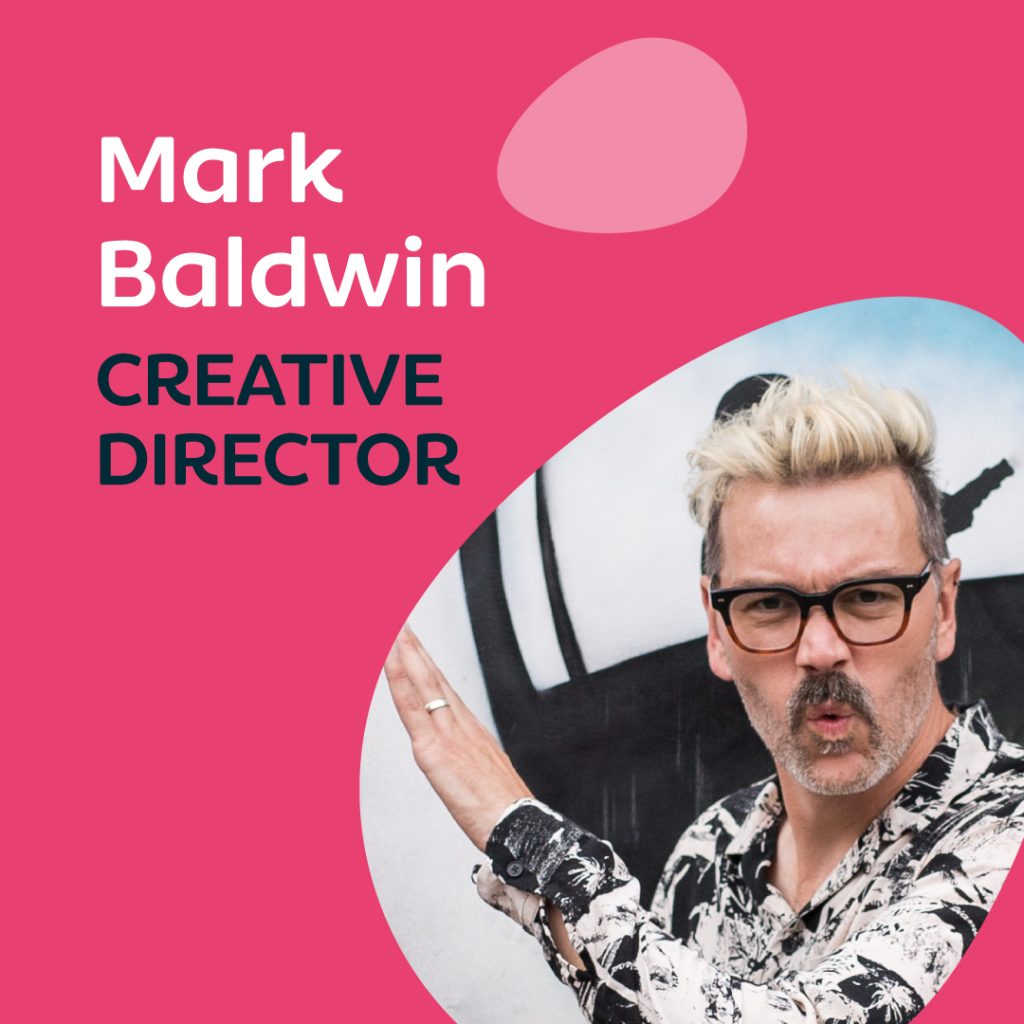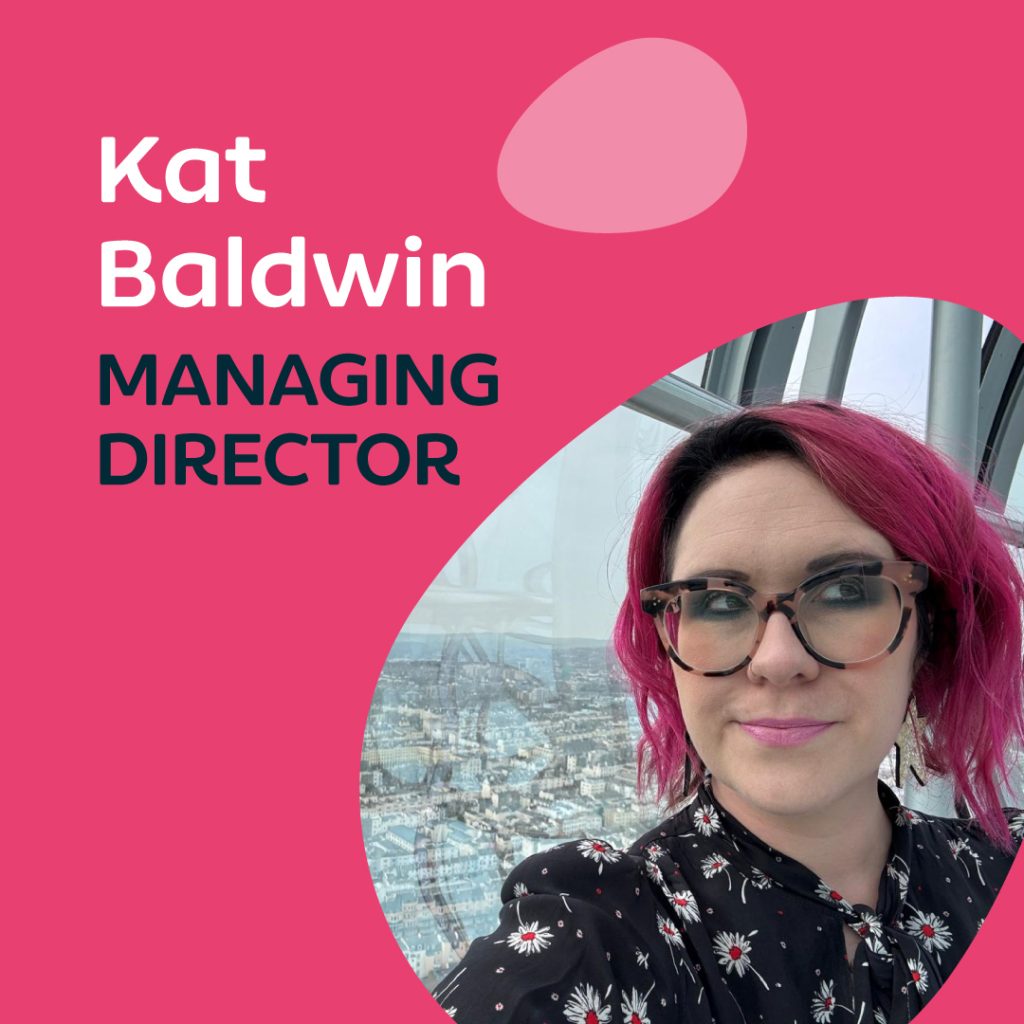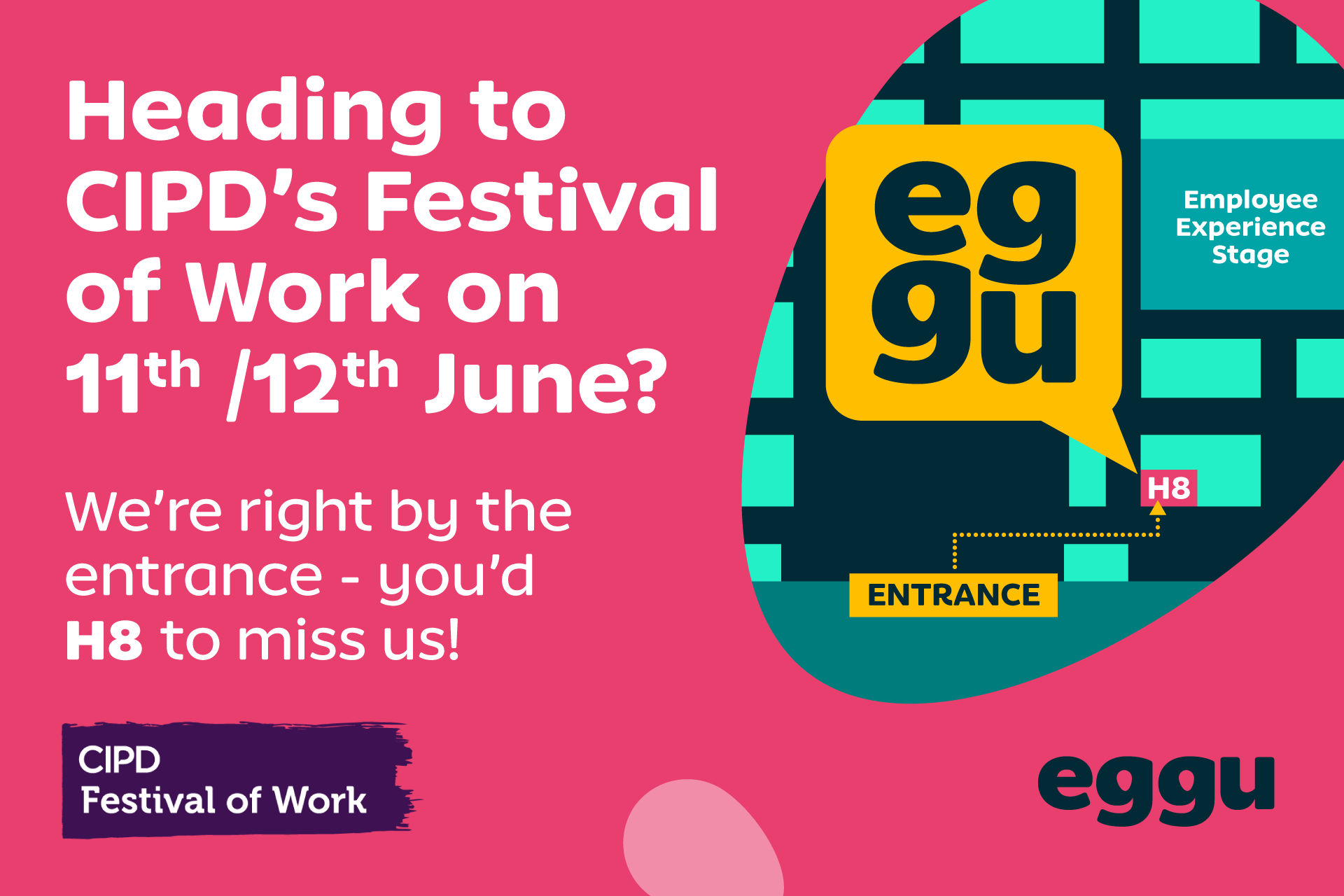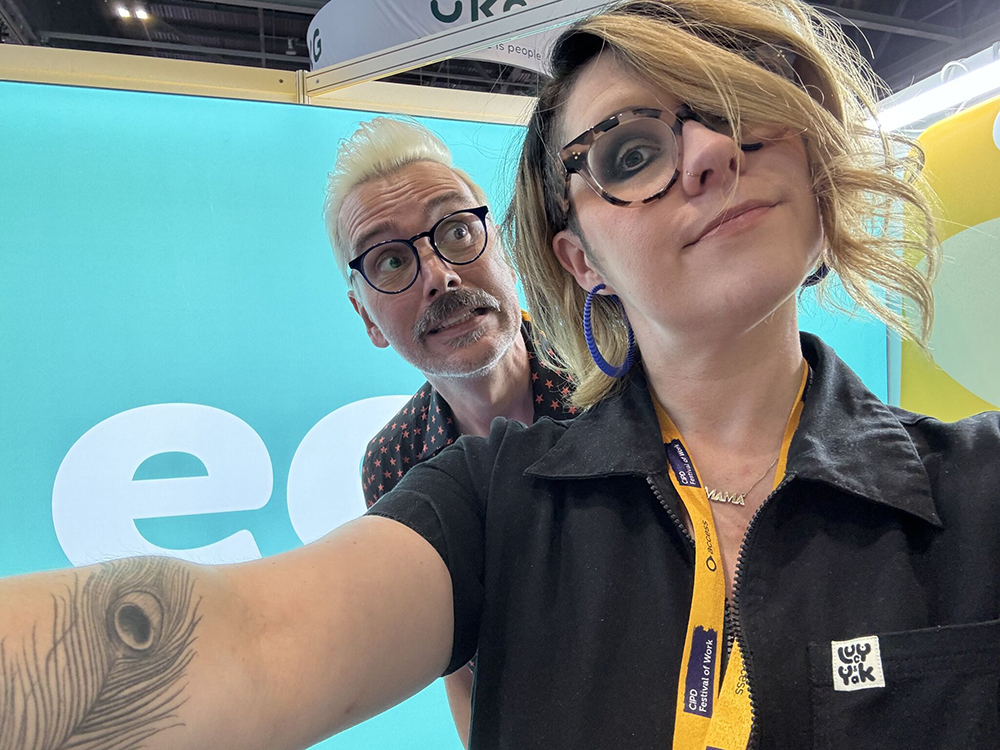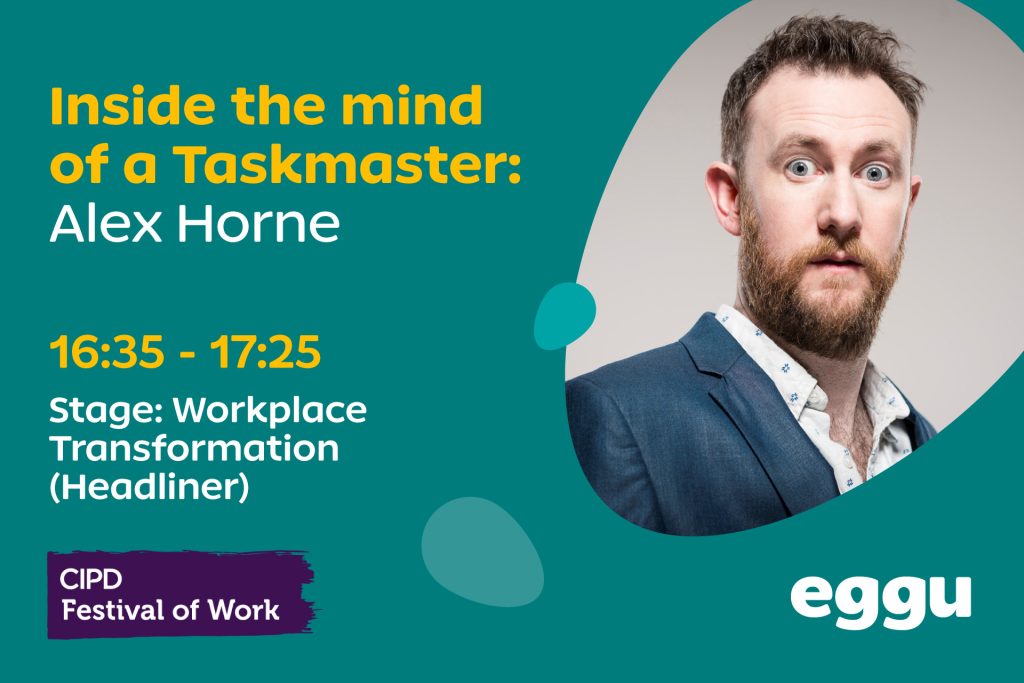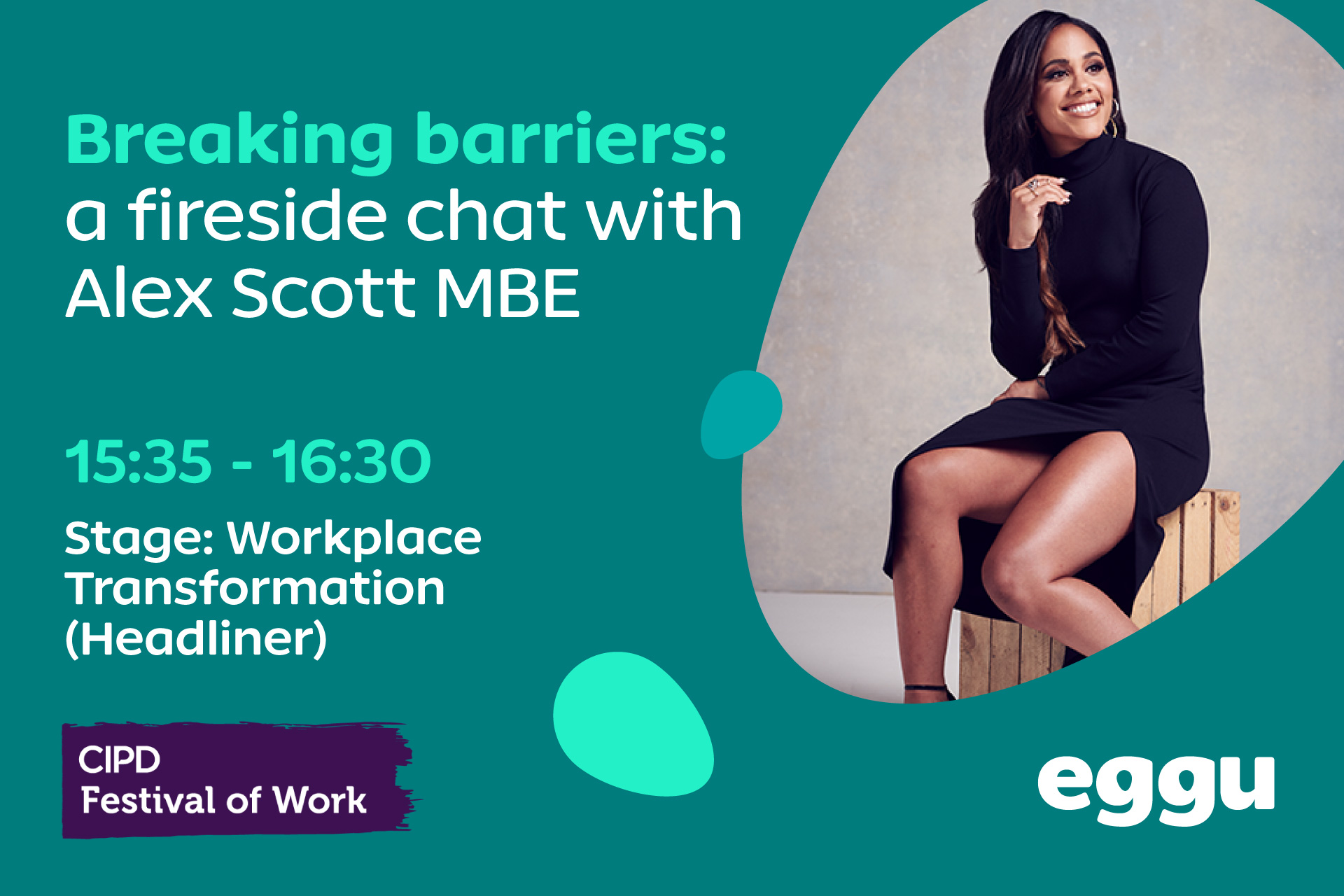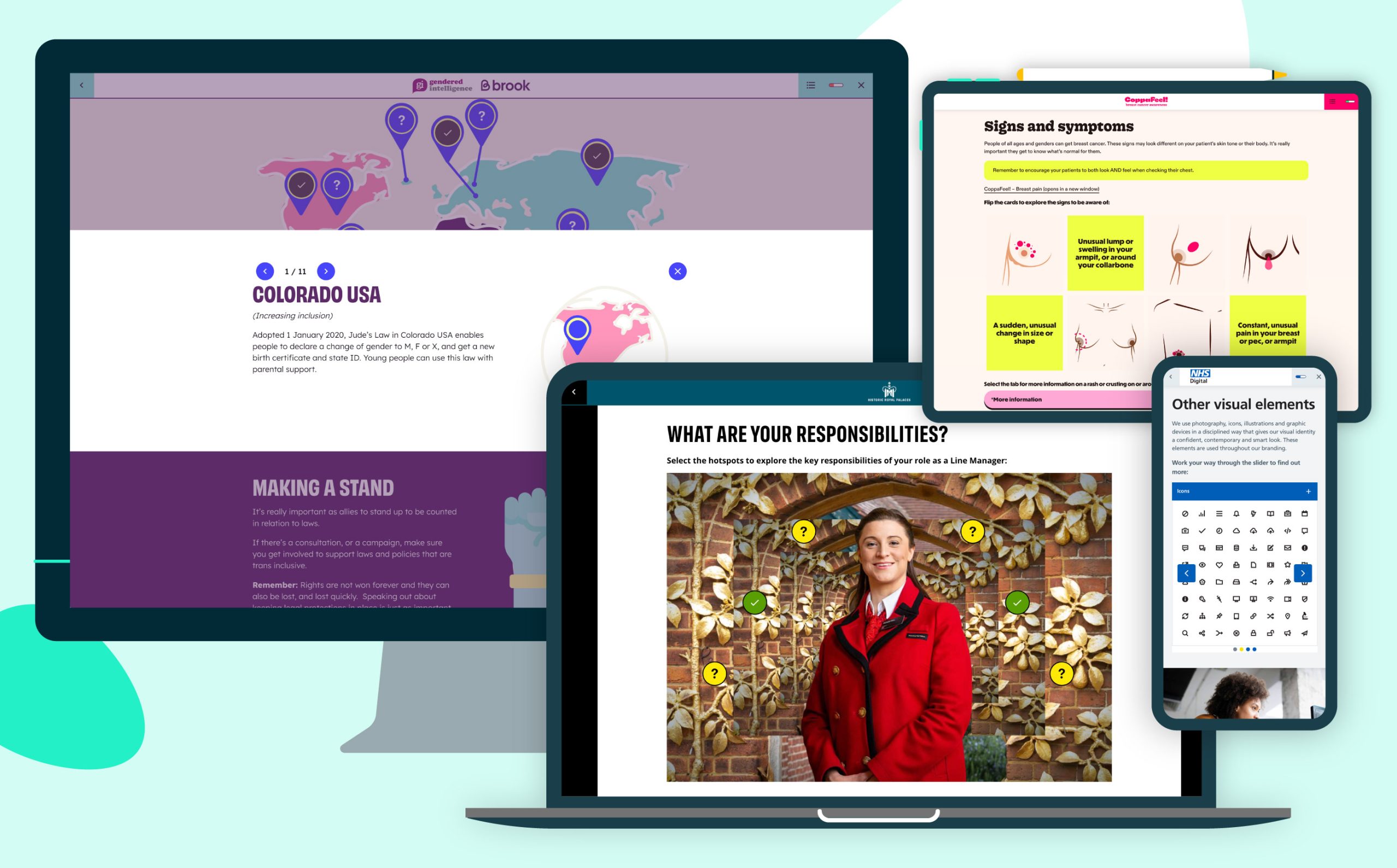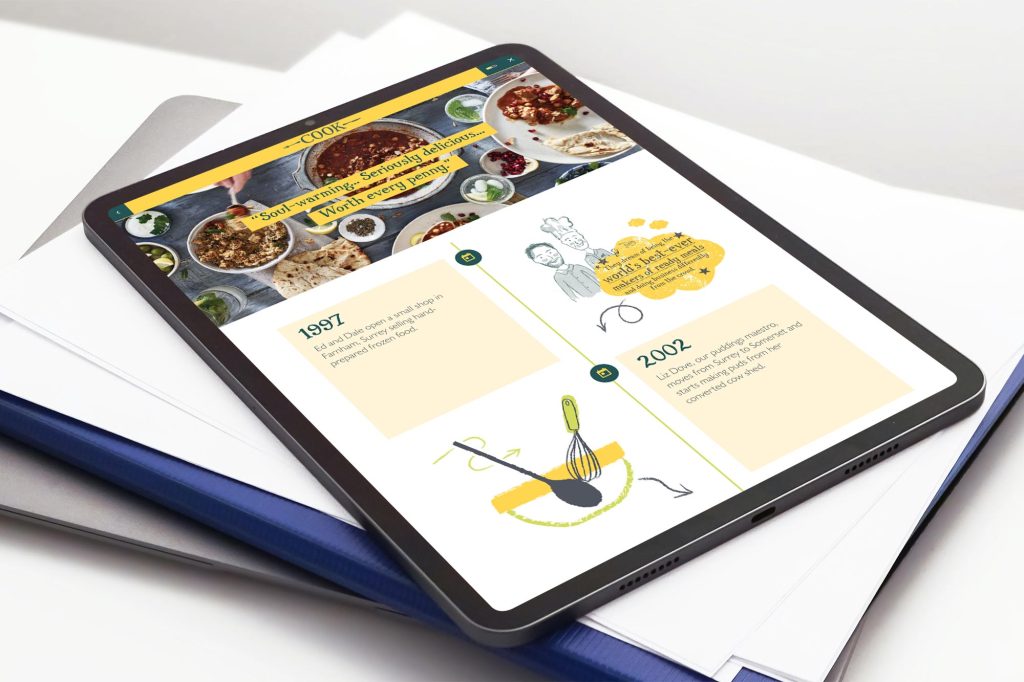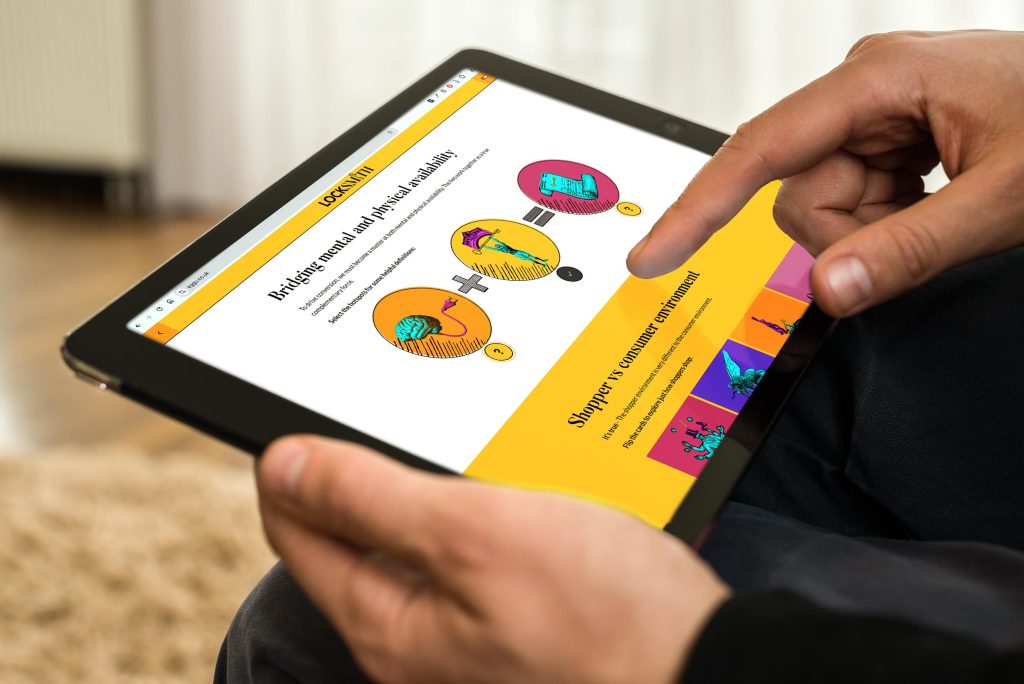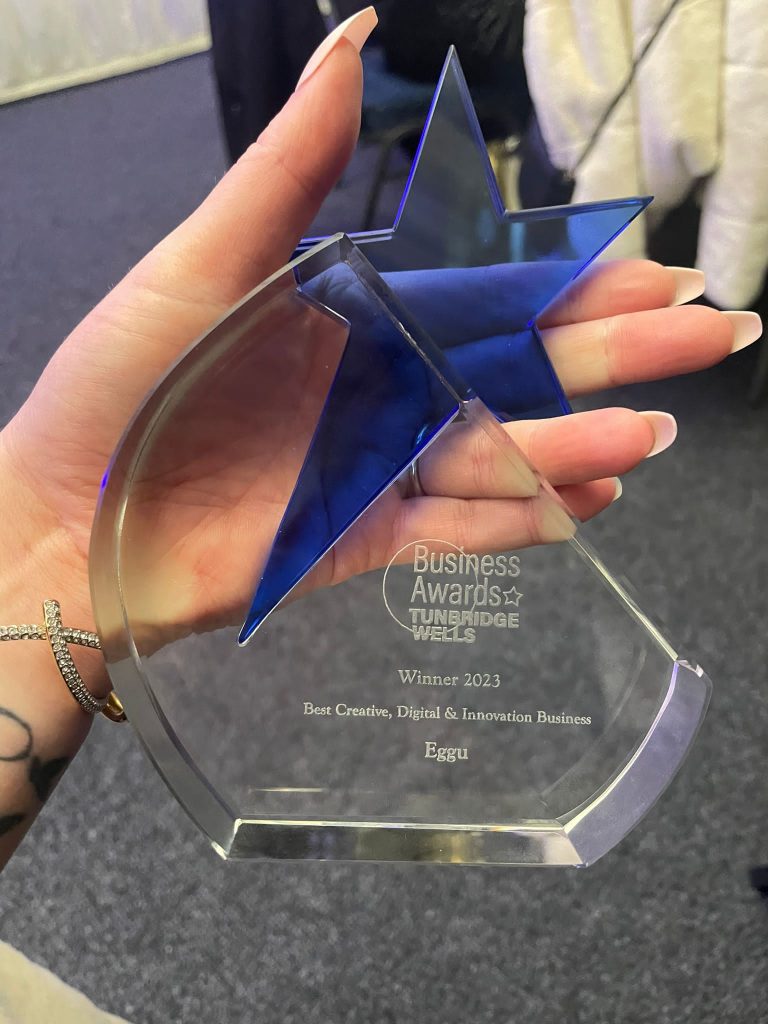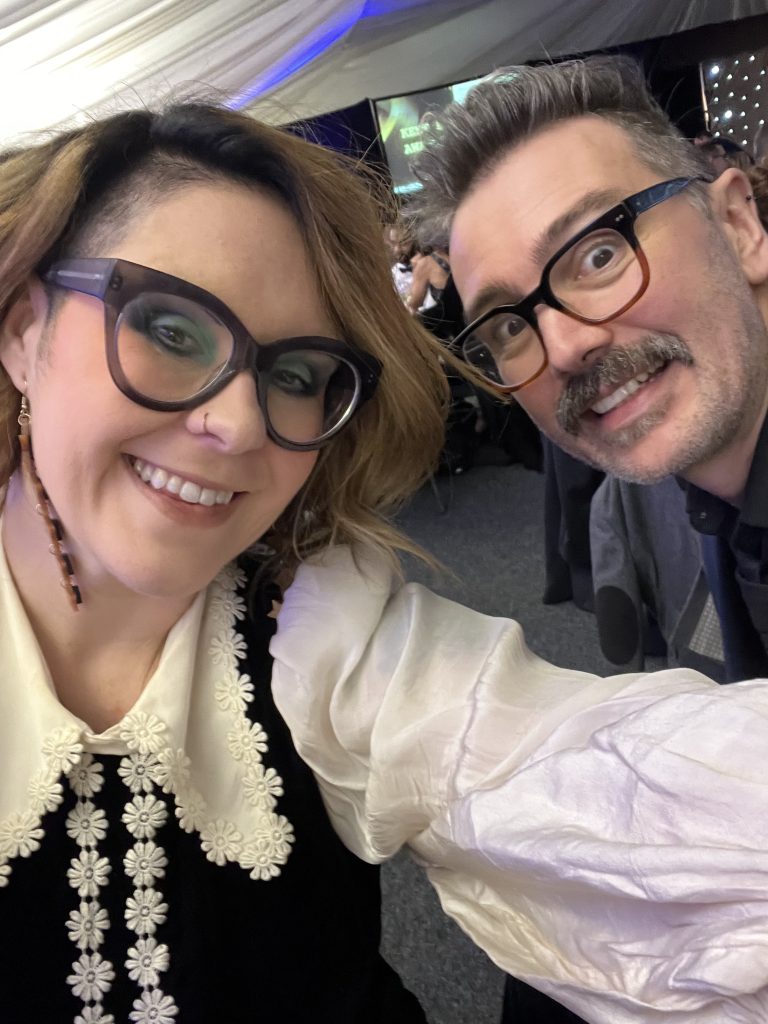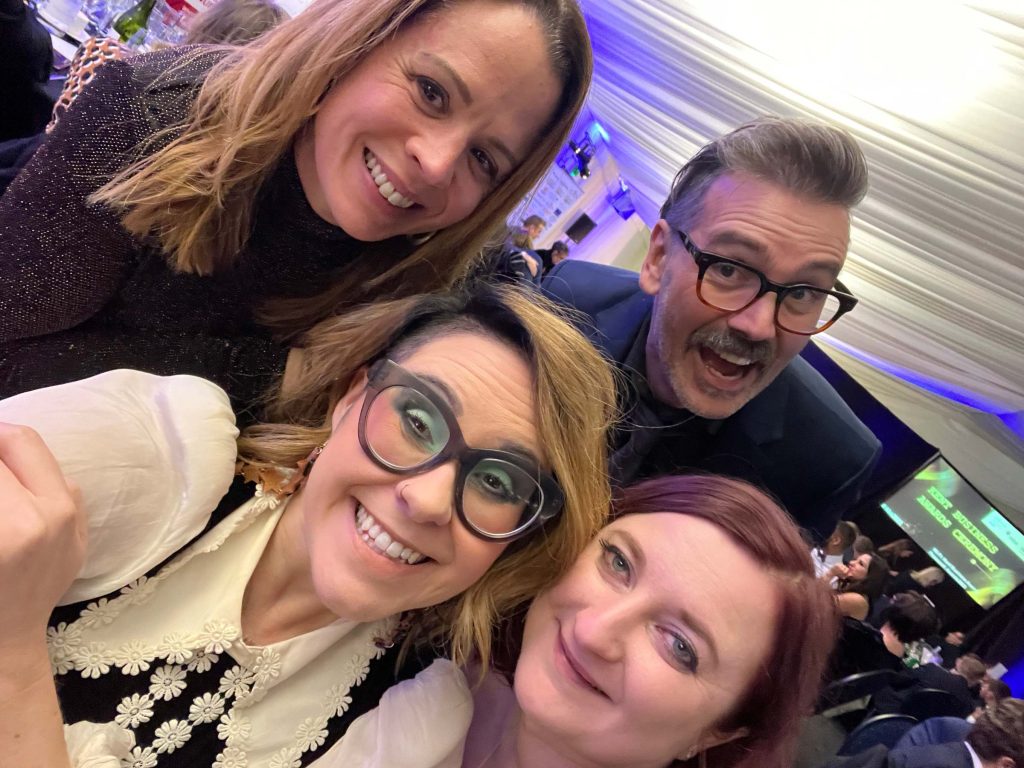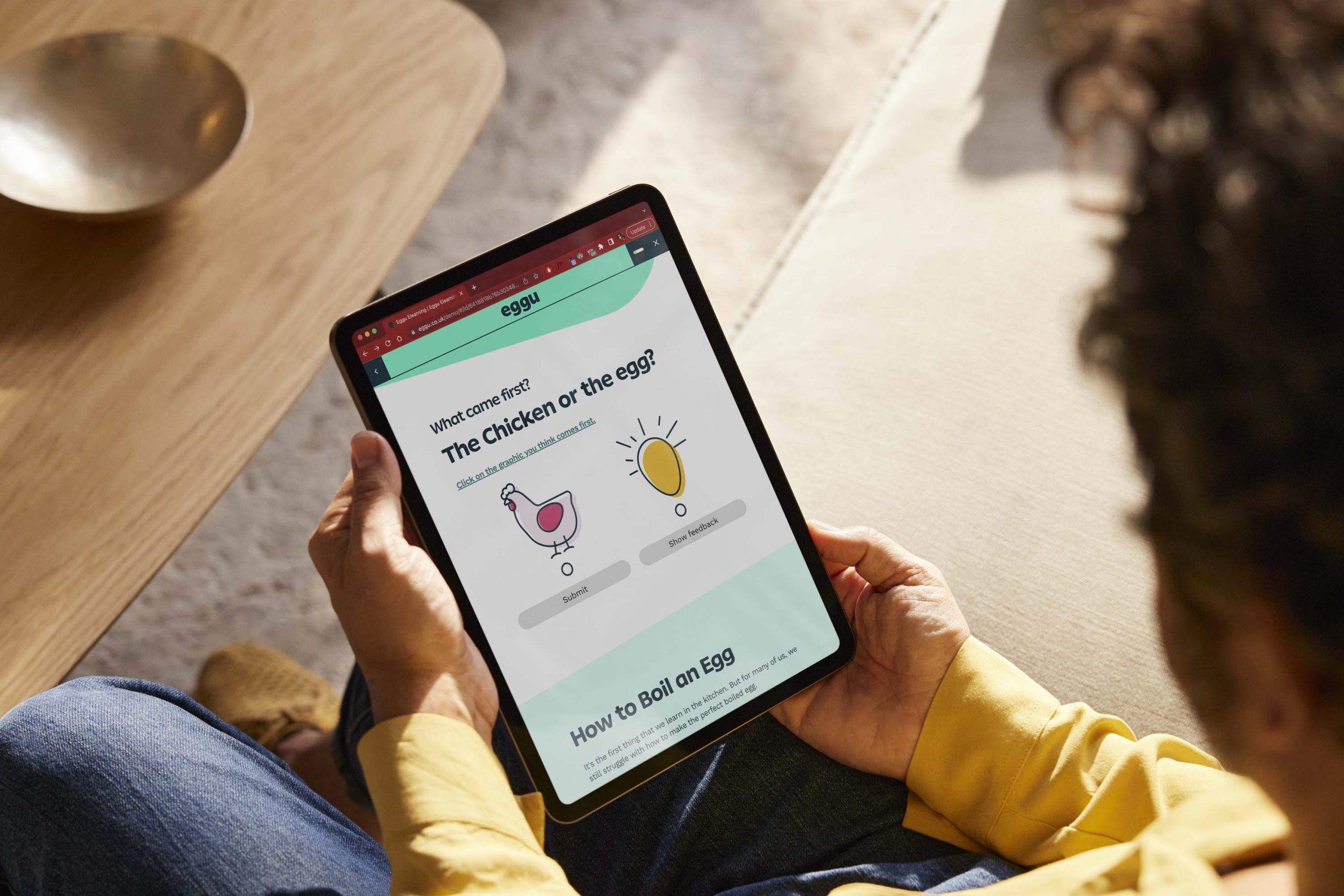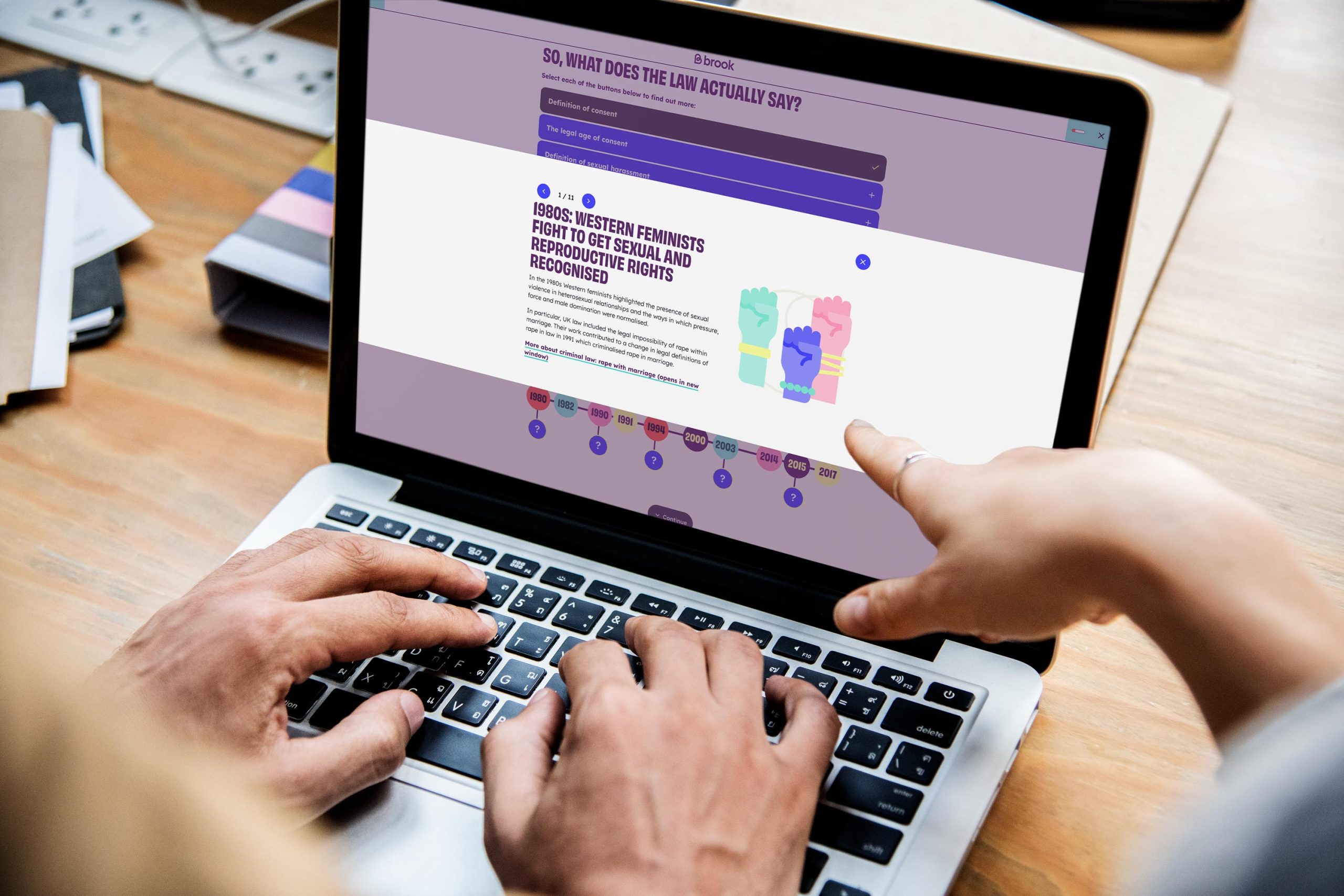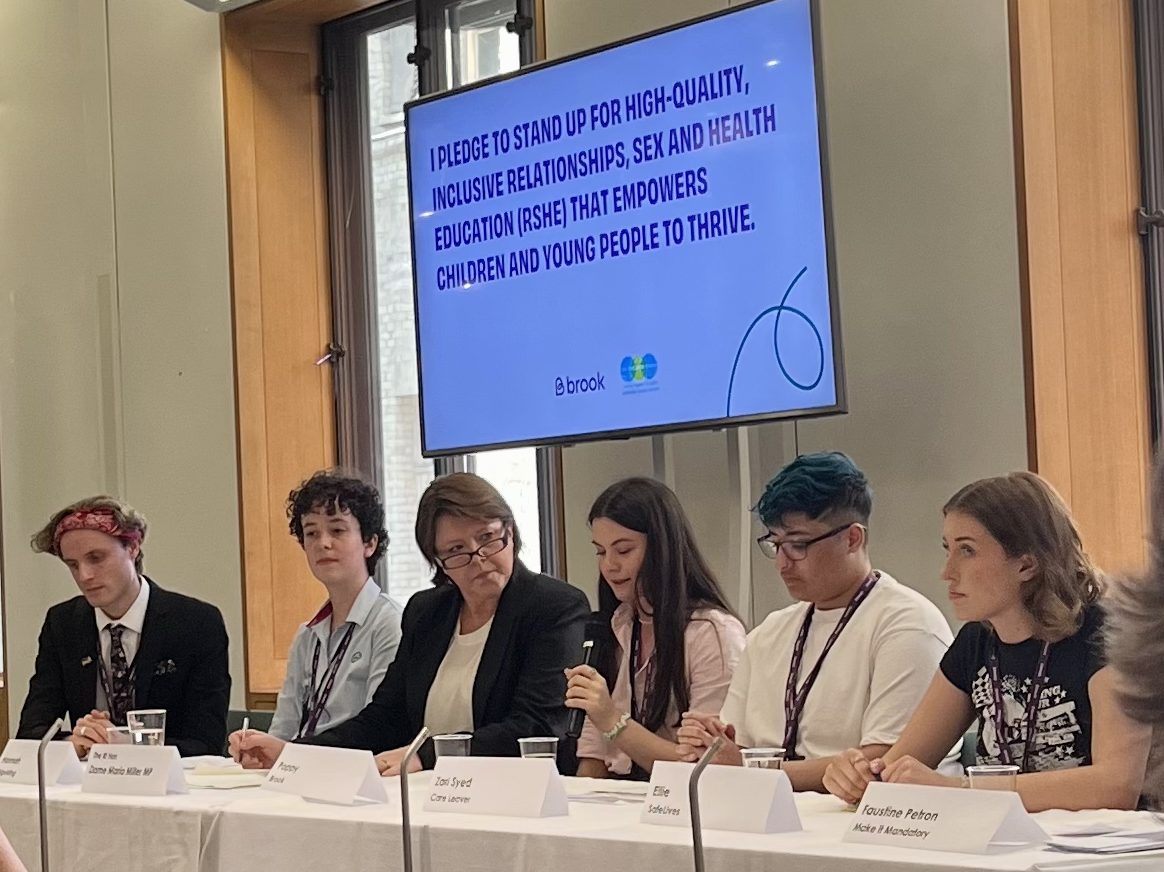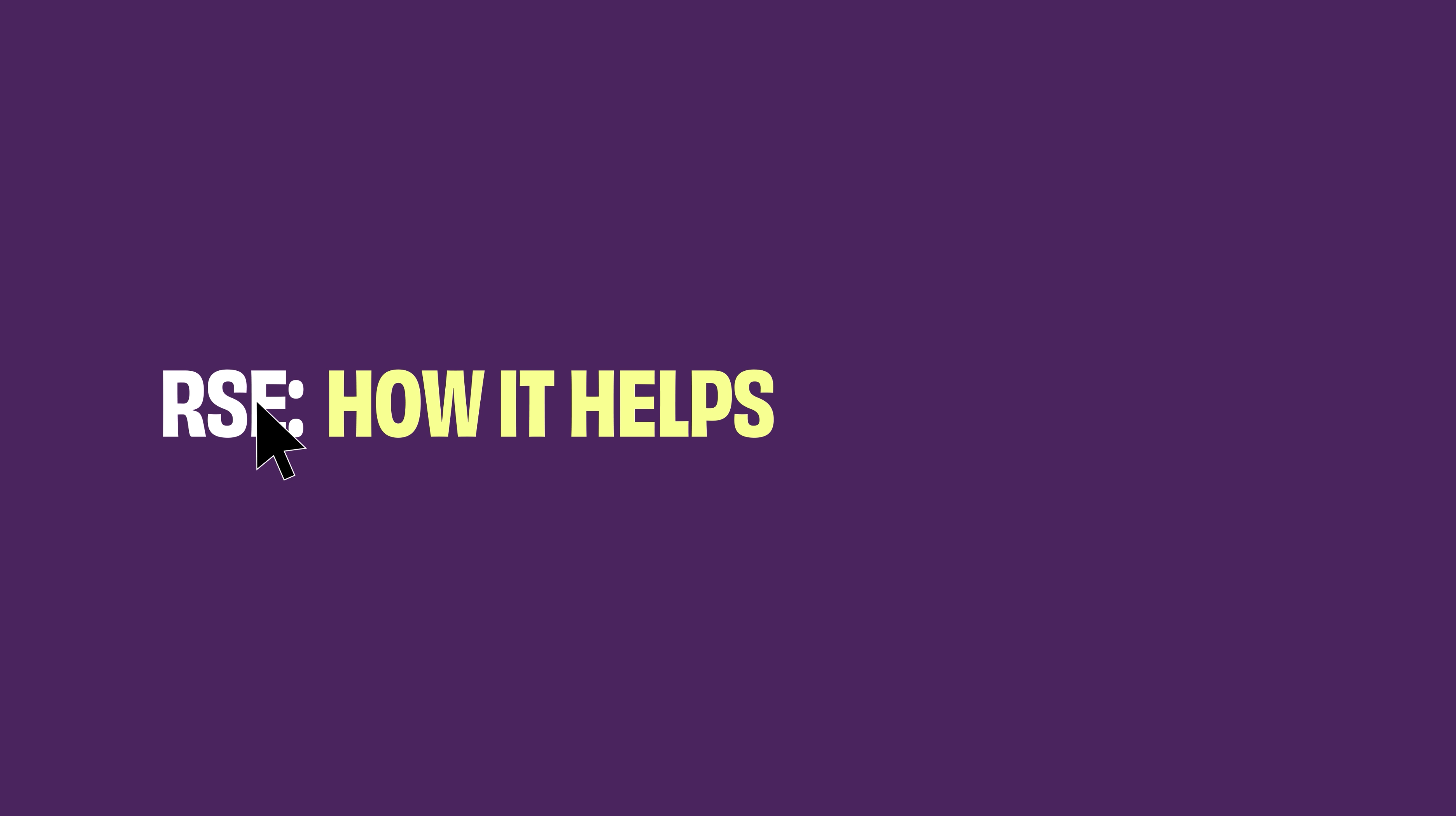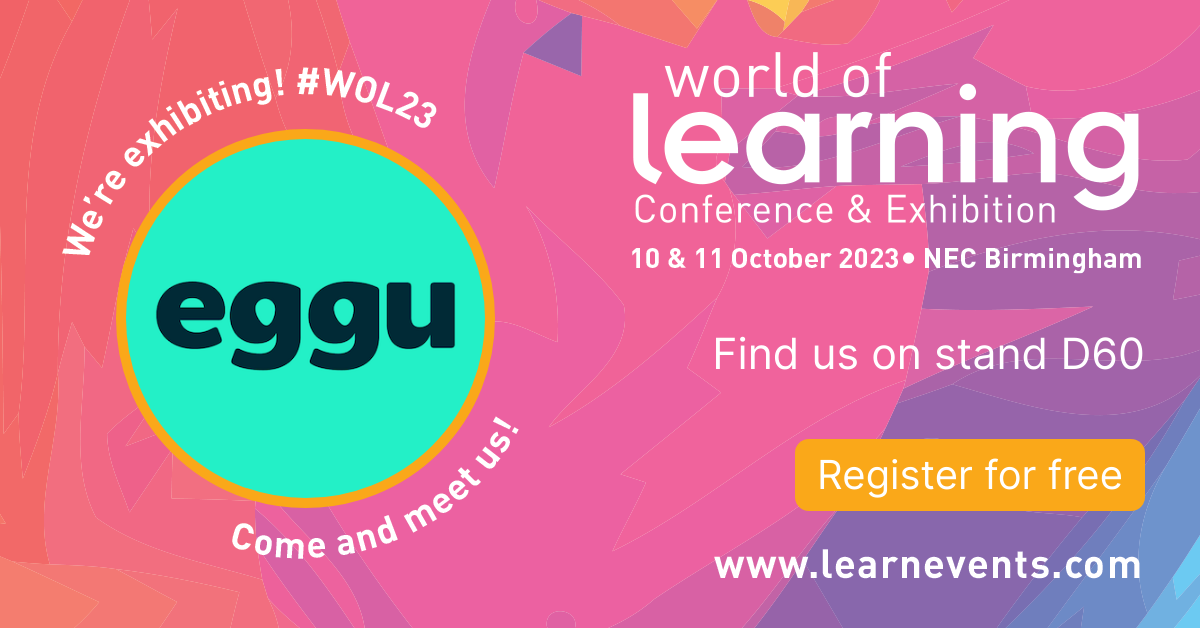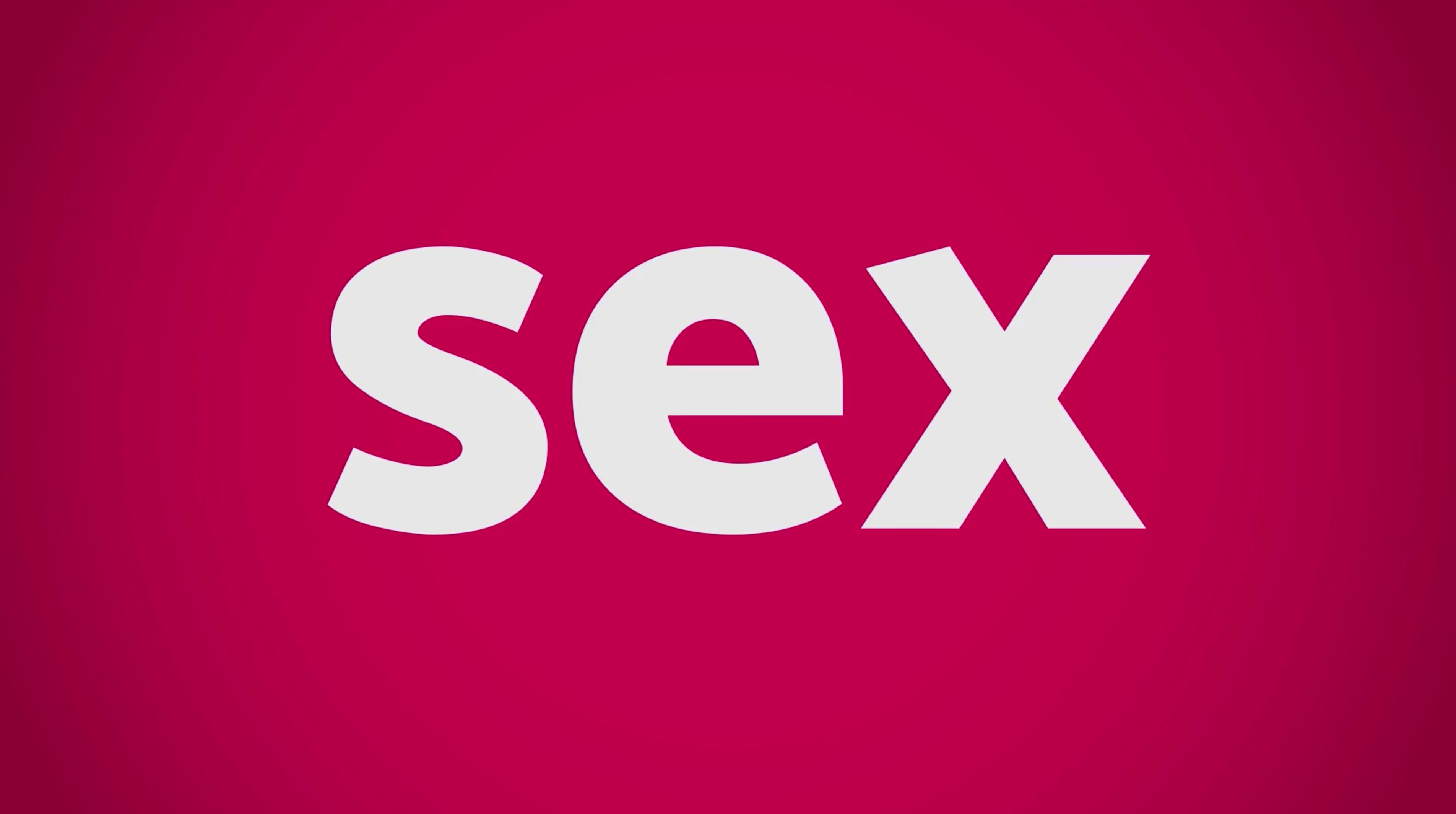Here at Eggu, we’ve been watching the developments of AI closely. Ultimately pondering, how might it affect our work? Will it replace the need for human input in the digital learning industry? Despite the fear mongering, we’ve also seen some pretty amazing creative output from AI, so we wanted to learn more. There must be some pros as well as the cons.
We attended seminars, read research, had team discussions and were still feeling uninformed and undecided. That’s when our Creative Director Mark had a genius idea – ask AI to explain itself to us! Here’s what Chat GPT had to say when we asked it to write a blog about “The Pros and Cons of AI-Generated Content in the eLearning Industry”…
Introduction
Artificial Intelligence (AI) has made significant strides in transforming various industries, and the eLearning sector is no exception. The utilisation of AI in generating content for eLearning has both proponents and critics. In this article, we will explore the pros and cons of AI-generated content in the eLearning industry to help educators and learners better understand the implications of this technology.
Pros of AI-Generated Content in eLearning
Efficiency and Speed:
AI can rapidly generate vast amounts of content, including text, images, and even videos. This efficiency can save educators considerable time in developing materials, allowing them to focus on more strategic aspects of teaching.
Cost-Effective:
AI-generated content can significantly reduce production costs as it eliminates the need for human writers, designers, and editors. This cost savings can make eLearning more accessible and affordable for a wider audience.
Customisation:
AI can analyse individual learners’ progress and adapt content accordingly. This personalisation ensures that students receive tailored materials that suit their unique learning styles and needs.
Scalability:
AI can quickly adapt to changes in enrolment numbers. Whether you have 10 or 10,000 students, AI-generated content can scale up or down to accommodate the demand, maintaining consistency in quality.
Multilingual Support:
AI can effortlessly translate content into multiple languages, making eLearning accessible to a global audience. This feature enhances inclusivity and allows educational institutions to reach learners from diverse backgrounds.
Consistency:
AI can maintain consistency in content delivery, ensuring that every learner receives the same high-quality material. This uniformity can be especially valuable in standardised testing and certification programs.
Cons of AI-Generated Content in eLearning
Lack of Creativity:
AI generates content based on patterns and data, but it may struggle with creativity and innovation. Courses produced solely by AI might lack the engagement and excitement that human-generated content can provide.
Limited Contextual Understanding:
AI may not fully comprehend the nuanced context of a subject. This can result in content that is factually accurate but lacks the depth and insight that a human educator can provide.
Risk of Plagiarism:
Without proper oversight, AI-generated content can inadvertently produce materials that contain plagiarism or copyright violations. Educators need to ensure that AI-generated content is ethically and legally sound.
Quality Control:
While AI can generate content quickly, it may require substantial human oversight to ensure accuracy, relevance, and quality. Failing to review AI-generated materials can lead to subpar learning experiences.
Dependence on Technology:
Over-reliance on AI-generated content may diminish educators’ involvement in course development. This separation could erode the valuable teacher-student relationships and the expertise educators bring to the table.
Ethical Concerns:
The use of AI in education raises ethical questions about data privacy, student surveillance, and bias in content creation. These concerns must be addressed to ensure that AI benefits all learners equitably.
Conclusion
AI-generated content has the potential to revolutionise the eLearning industry by offering efficiency, cost savings, scalability, and customisation. However, it is not without its limitations, such as creativity constraints, the potential for plagiarism, and ethical concerns. To harness the benefits of AI in eLearning while mitigating its drawbacks, a balanced approach that combines AI’s strengths with human expertise is essential. Ultimately, the successful integration of AI into the eLearning industry should prioritise the enhancement of learning experiences and outcomes for all students.
